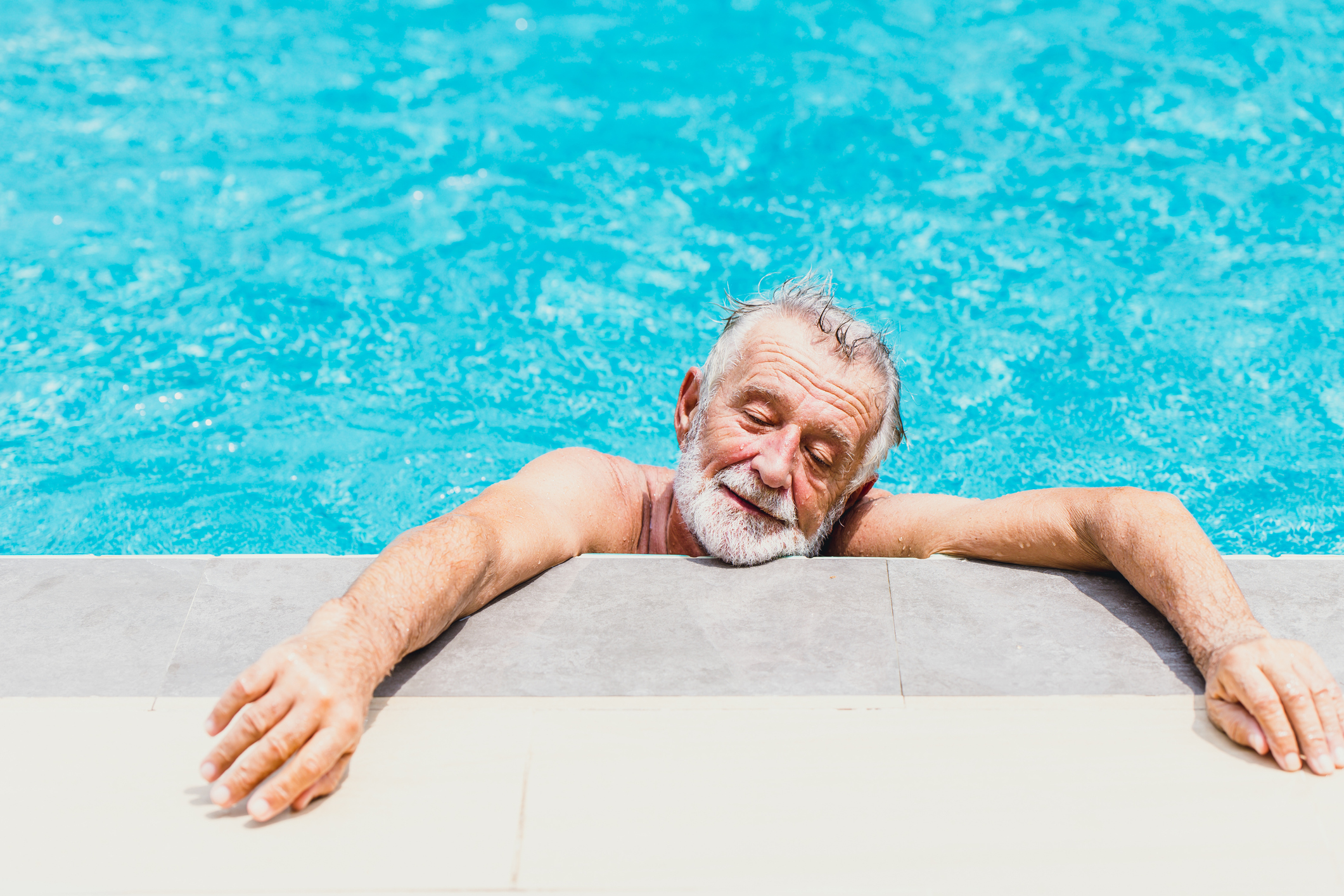Record-breaking high temperatures in the United Kingdom and Europe are wreaking havoc with transportation and tourism, and have contributed to massive wildfires in southwestern France. With continuing extreme heat spells both at home and abroad, it’s important to remember to check in on elderly adults who are more vulnerable to heat exhaustion and heat stroke.
Extreme heat, as a result of global warming, has led to increased mortality in the United States. According to a recent study, published in JAMA Network Open, rising temperatures are associated with a higher mortality rate, especially among older adults, men, and black individuals.
Prolonged extremely high temperatures not only worsen wildfires, but heat waves may also lead to power outages that can cut off air conditioning or other medical devices. Because some medications require refrigeration, they may be less effective without power. Vulnerable people who do not have access to air conditioning, shade, or cooling stations are more likely to suffer heat-related health problems.
Older adults have more difficulty regulating their body temperature, and those with one or more underlying chronic health conditions are at increased risk for poor health outcomes in extreme heat. Socioeconomic conditions that affect access to healthcare may also play a role in higher mortality rates among certain populations during periods of extreme heat.
According to researchers, additional hospital staff during heat waves, building more cooling centers, and increasing outreach to vulnerable populations can help reduce the risk of serious health problems in extreme heat. Urban areas especially can be dangerous – when cities replace green areas with pavement, buildings, and other surfaces that absorb and retain heat, the “urban heat island effect” is created, leading to more intense heat, increased energy costs, more air pollution and an increase in heat-related illness and mortality.
Check on elderly neighbors and relatives during periods of extreme heat, and make sure they are drinking plenty of liquids, keeping the home cool, and avoiding outdoor activities during the hottest time of the day. On scorching days, a trip to a cooling center, mall, library, or movie theater can offer some relief for seniors who do not have air conditioning.
Learn more about hot weather safety for older adults by following this link to the National Institute on Aging.






Add Your Voice
0 Comments
Join the Discussion